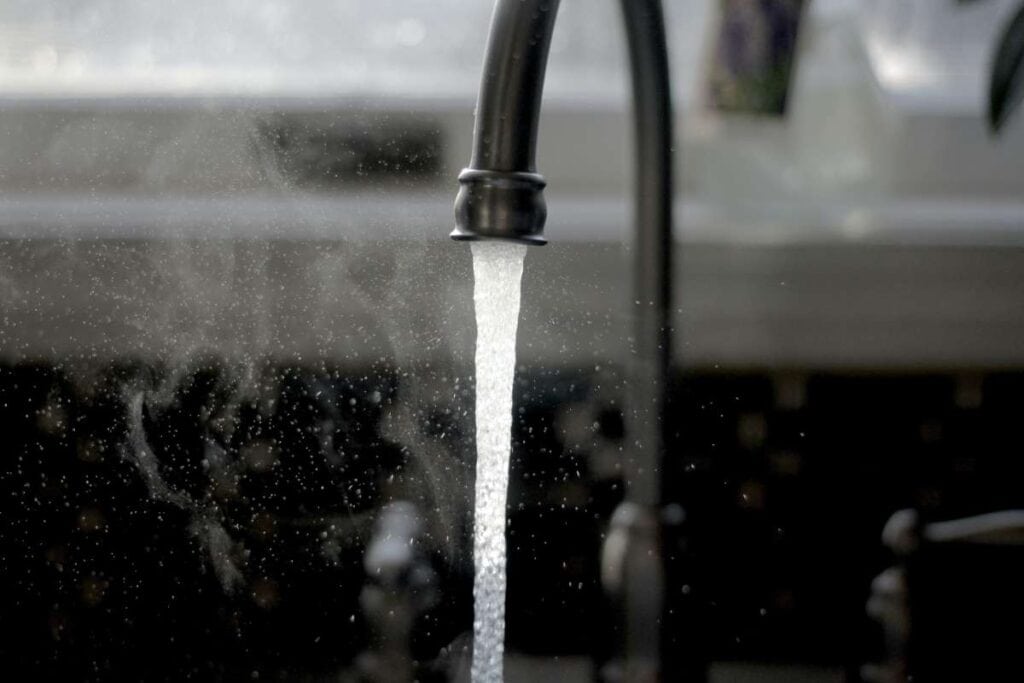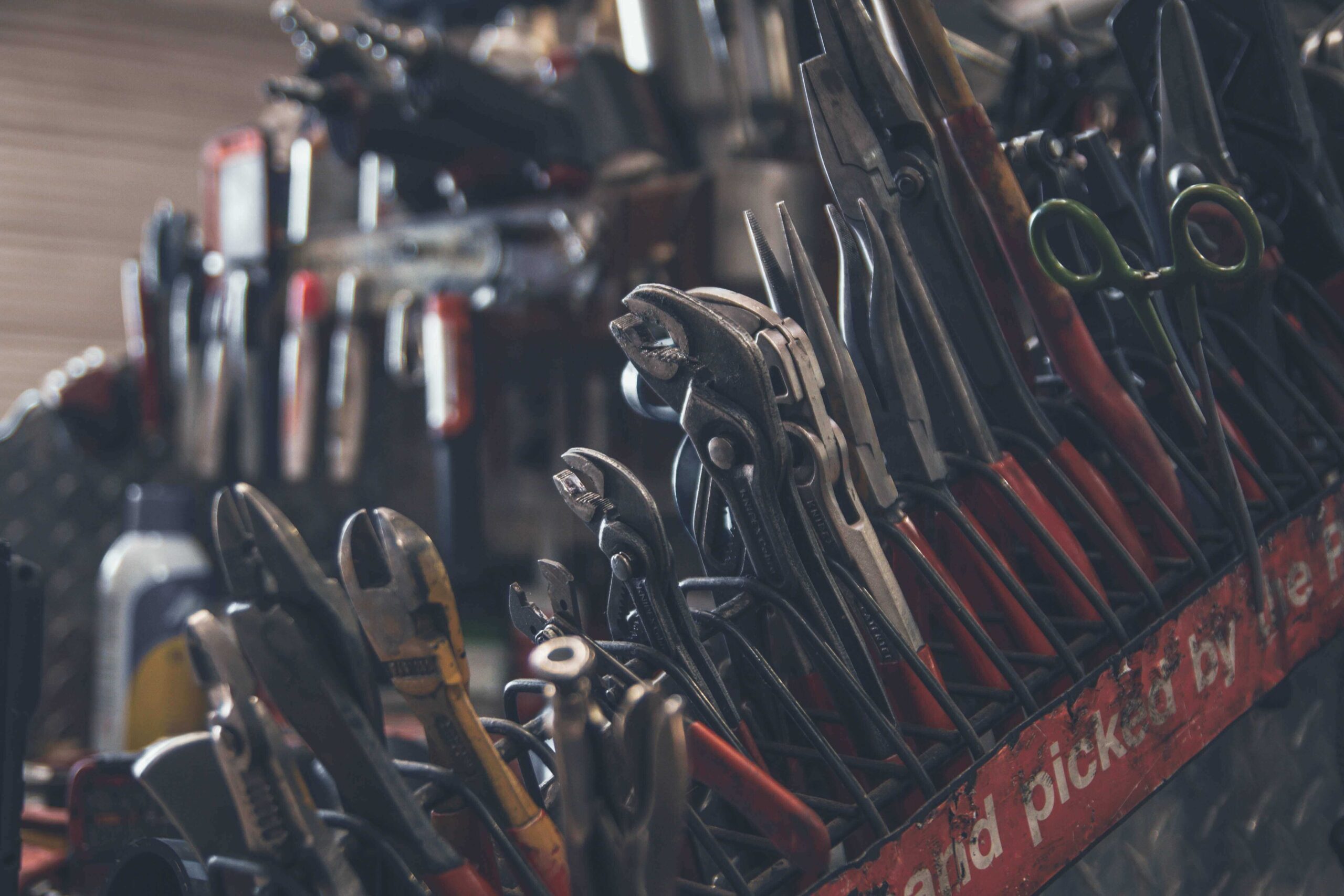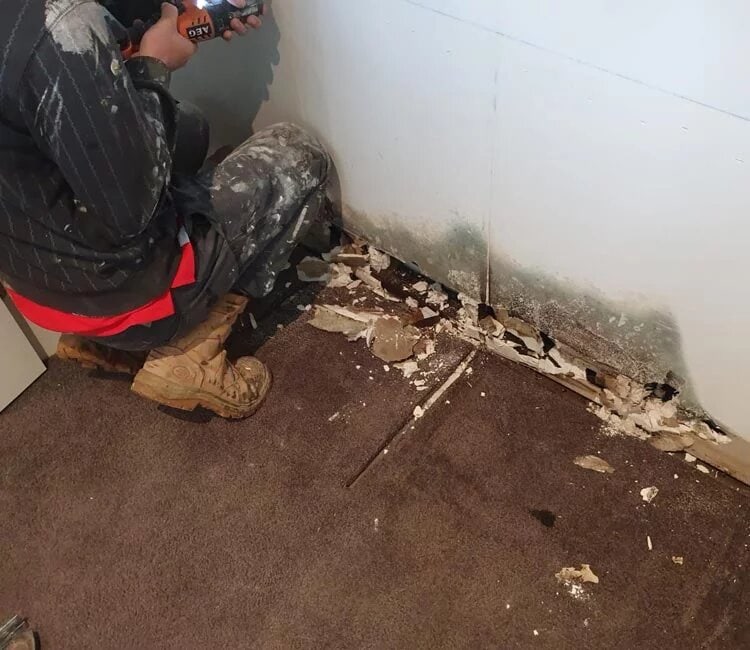Homeowners can be frustrated by water damage. Depending on how far it's spread, it can be expensive to fix. Professionals recommend bringing it back as soon as possible to prevent the problem from worsening. Mold can grow in moist, unattended areas.
Flooding your basement is too late. You'll pay exorbitant costs to fix the problem and clean up.
Our homes need water as long as it's in a pipe, sink, tub, or appliance like a dishwasher. Water can damage a home's structure and furnishings if it gets in the wrong places. Even in newer homes, pipes leak, and every home will likely have at least one. Not all leaks are obvious, so it's important to find and fix them quickly. Every homeowner should know how to find a water leak, so read on for tips on determining if you have one and how to recognise its location.
Water damage rarely occurs suddenly. Flooded basements and costly leaks often start small and grow. Fixing smaller issues isn't free. It's much cheaper than dealing with real water damage, which forces insureds to stay in a hotel.
We have a wide range of property leak detection Melbourne at Hitch Property Constructions.
The objective is not to reach that point. Water damage (of any type) normally brings a rate. However, scanning for damage before it worsens is a vital investment where the only real expense is time.
However, if you can restore the water damage yourself, know that the first step is to find and eliminate the damage source; it will not help fix the damage if the water keeps flowing. If you can't discover it immediately, here are the most likely places to find water leaks:
Common Places to Find Water Leaks:
- Thermostats. Leaks or bursts cause 70% of water heater failures. Depending on the tank's quality and size, this can happen after 10–15 years. Remove the drain pipe and listen for a hissing sound to check for a water leak. A puddle may form under the tank. Water-Heaters-
- Most-Likely-Places-to-Find-Water-Leaks
- Toilets. These always block and can be messy if they overflow. They can leak water around floor seals. Turn off the water and inspect the tank if you find a puddle around the toilet. Depending on the damage, call a plumber.
- Pipes. In the winter, water expands and puts more pressure on stressed-out pipelines, causing bursts. Check each for drips or holes.
- Fridge/freezer. Ice makers leak frequently because they constantly pour water. Disconnect the device and check the back of the freezer for water damage. Plastic pipelines may have holes. Replace leaking TVs with copper pipes. Leak detection? Done! You're covered by Hitch
- Property Constructions.
a/c Moisture around this device is normal and won't cause damage unless it gets on the drywall, but excessive dripping can. Condensate pump, refrigerant, and drain line leaks indicate a problem. Air-Conditioner-Water-Damage - Scrubber. Each cycle uses 15 to 30 gallons of water. Any device, drain, or tube hole can cause water damage.
- Gutter seams. Water damage isn't always caused inside. Clogged rain gutters can cause water to overflow and seep into the foundation, causing basement flooding.
- Showers, sinks. Sinks and showers are common water damage sources, along with washing machines. Any holes in water lines or damaged caulking can cause damage.
- Pump. After a storm, sump pumps can fail and cause basement flooding, if it hasn't already. After fixing the pump, schedule annual maintenance to prevent future failures.
- Ductwork. Due to their connection to the air conditioner, ductwork often develops moisture and leaks. Condensation on air signs or ducts may indicate a leak elsewhere. Professional air duct cleaning can prevent future problems.
Do It Yourself or Hire a Pro? How to Determine When You Need a Plumber
There are a few things that you need to be aware of in the event that your do-it-yourself inspection does not put you at ease or if you would rather have a professional look for leaks right from the beginning. It is highly recommended that you seek the assistance of an experienced specialist who can locate the source of the leak and assist you in making the necessary repairs.
In light of the fact that cutting corners in this situation could result in longer-term property damage as well as increased costs, it is imperative that, in the event that you decide to hire a professional, you do so with the utmost care to ensure that you hire a person who is appropriately trained for the job.
Hitch Property Constructions has a wide range of Melbourne leak detection.
1. Know Your Limits
If you're not sure what you're doing, don't attempt DIY repairs. Pipe jobs shouldn't use trial-and-error.
One of the biggest myths about home maintenance is that we can fix any problem without a plumber. Don't assume that disassembling a toilet will help you instal a new one.
If you're confident and have repair experience, try it. You may find smaller problems easy.
If you're a skilled handyman, you can handle some advanced tasks. Changing a toilet is one option.
Despite your skill, there are some jobs you shouldn't do yourself. You shouldn't move pipelines or redesign your plumbing system. This is difficult and dangerous.
Plumbing, electricity, and many home renovations require a licence. A plumber needs a permit for major jobs to comply with local plumbing code.
Doing DIY pipe work could affect a homeowner's insurance claim for pipe damage. If plumbing work wasn't done by a licenced plumber, your insurer may not pay.
2. Comprehend the Cost
Hiring a plumber can be expensive, so many people try to do it themselves. It's a costly mistake.
If you're handy, you may not need a plumber for a leaky faucet. You may be able to fix it yourself and save money.
Larger issues are harder and repairing it yourself may cost more than hiring a plumber. Large DIY repairs are difficult.
How about tools? Know the right tools to use? Can you look at the long list of plumbing tools and say hiring a pro is more expensive?
That doesn't include materials and other costs.
3. Understand the Time Commitment
Time commitment is another important factor. Do you have time to fix that leaky faucet?
Situation-dependent. The COVID 19 outbreak has caused many of us to spend more time indoors.
When we're not experiencing a pandemic, we're usually busy. Economy is bad, and debt is rising faster than income. We work longer hours to make ends meet.
This means you should think before hiring a plumber in Edmonton or doing it yourself. Will you sacrifice your free time? What's your time commitment?
4. When to Call an Edmonton Plumber: External Repairs
We'll discuss several situations where you'd need a plumber. External pipes need repair.
Outside drain and water repairs involve your yard's buried sewer and water lines. This is complicated and can cause serious issues if done incorrectly.
Your home's plumbing connects to the city's at the property line. Accidentally or not, destroying someone else's home or business is bad. Legal and administrative issues surround destructive government housing.
Root infiltration, grade issues, and structural issues plague outdoor sewage lines. Digging up our drains and water lines is dangerous. Experts should always repair drains and water lines.
5. Internal Repairs
This is confusing. Internal and external cover everything, right? No self-repairs?
No, this doesn't cover anything, and you can still do pipes yourself. Internal repair is misleading.
"Internal repairs" means exactly that. This describes the structure's inner parts. This includes walls and floors.
Because these repairs involve tearing down walls or floors, you'll need a plumber. While they're not building or home repair experts, they've probably handled enough internal plumbing issues to know how to do the job without causing excessive damage.
We recommend talking with your plumber in advance to determine which wall or floor they'll need to access, how much they'll need to remove, and how much work will be needed to repair it.
In some cases, a large portion of the wall is broken, requiring professional repair. Not fun, but not always avoidable.
6. Renovations
There's more to major remodelling than building codes and licences. You're not only allowed to do what you can do.
You may practise regional law. You may know every city ordinance, building code, and zoning law.
Do you know how to build a bathroom? Most people have no idea. We may know a lot about pipes, but plumbing a new room is different.
Any significant renovation can require complex plumbing work, so it's best to hire a pro.
7. Cleaning Up Clogged Drains
Commonly clogged drains. This can be done with smaller drainpipes, but not with larger ones.
For a smaller drain (1/4" to 2"), try a handshake. Depending on the clog, this may work. NEVER use drain cleaning chemicals to clear a clogged drain. Drainpipe cleaning chemicals are highly corrosive and can eat through skin quickly. Imagine pouring drain cleaner down a clogged sink and it not working. WTF?! What can this acid-filled sink make? This complicates safe drain-snaking efforts. These products have led to ER visits, so don't use them.
When the small drain cleaner isn't enough, some homeowners rent larger ones. Please don't if you're not familiar with these devices. These power augers are unforgiving and break fingers and hands.
8. Shutting Off your Main Water Valve
Your main water valve should be easy to find, even if you've never used it. This valve must work, not drip, and be easily accessible to everyone in the house.
Imagine a wall-pipe water leak. What's the fix? Easy! Close the main water valve. The valve hasn't been kipped down in 30 years and is seized. Maybe your plumber can turn it with a wrench, but maybe not. You may need to call the local utility to close your property line valve (which sometimes has the same problem!).
When remodelling or going on vacation, people turn off their water. This prevents water from leaking toilets or faucets from filling the basement. When this happens, it's terrible, so it's best to be cautious.
People often turn off their water valve to see what it does. There's only one way to confirm you've found the water valve.
9. Things to Know When Shutting Off the Water
When turning off the main water valve, there are numerous factors that must be taken into consideration. The hot water heater and the main water valve have a really good working relationship with one another. If the valve is turned off but the hot water heater is left on, the heated water will have nowhere to go as it expands but will continue to expand.
It is recommended that you switch your water heater to the getaway mode while also closing the primary water valve for any amount of time between one minute and one week. The installation of a growth tank is the alternative option. Since the majority of houses in the area do not have an expansion tank, the expense of purchasing one should be taken into consideration.
Conclusion
Water is necessary, whether in a bottle, a faucet, a bathtub, or a dishwasher. Since not all leaks are obvious, finding and fixing them is important. For example, toilets, pipelines, and thermostats often leak water. Condensate pump, refrigerant, or drain leaks indicate a problem.
Rainwater may pool around your home's foundation if your gutters are clogged. Air duct cleaning prevents future problems. Certain chores should be done with others.
A plumber should fix a leaking faucet. Building rules and permits are just the start of a major remodelling. Any significant refurbishment requires a competent plumber. NEVER use chemicals to unclog a drain. These items are associated with ER visits.
Content Summary
- Professionals recommend returning it as soon as possible to prevent the problem from worsening.
- Water can damage a home's structure and furnishings if it gets in the wrong places.
- Not all leaks are obvious, so it's important to find and fix them quickly.
- Every homeowner should know how to find a water leak, so read on for tips on determining if you have one and how to recognise its location.
- However, if you can restore the water damage yourself, know that the first step is to find and eliminate the damage source; it will not help fix the damage if the water keeps flowing.
- If you can't discover it immediately, here are the most likely places to find water leaks: Thermostats.
- Remove the drainpipe and listen for a hissing sound to check for a water leak.
- Disconnect the device and check the back of the freezer for water damage.
- Due to their connection to the air conditioner, ductwork often develops moisture and leaks.
- You need to know a few things if your do-it-yourself inspection could be more comfortable and if you would rather have a professional look for leaks right from the beginning.
- It is highly recommended that you seek the assistance of an experienced specialist who can locate the source of the leak and assist you in making the necessary repairs.
- Despite your skill, there are some jobs you shouldn't do yourself.
- A plumber needs a permit for major jobs to comply with local plumbing codes.
- If a licenced plumber didn't do plumbing work, your insurer might not pay.
- If you're handy, you may not need a plumber for a leaky faucet.
- This means you should think before hiring a plumber in Edmonton or doing it yourself.
- We recommend talking with your plumber to determine which wall or floor they'll need to access, how much they'll need to remove, and how much work will be needed to repair it.
- Sometimes, a large portion of the wall is broken, requiring professional repair.
- You're not only allowed to do what you can do.
- We may know a lot about pipes but plumbing in a new room is different.
- Any significant renovation can require complex plumbing work, so hiring a pro is best.
- Commonly clogged drains.
- NEVER use drain cleaning chemicals to clear a clogged drain.
- Imagine pouring drain cleaner down a clogged sink that is not working.
- Please only if you're familiar with these devices.
- These power drills are unforgiving and break fingers and hands.
- Your main water valve should be easy to find, even if you've never used it.
- People often turn off their water valve to see what it does.
- When turning off the main water valve, numerous factors must be considered.
- The water heater and the main water valve have a really good working relationship with one another.
- The installation of a growth tank is the alternative option.
FAQs About Water Leaks
A water leak detector can reduce the risk by alerting you to problems quickly, so you can act to prevent severe damage. We have tested several over the past few months, and these are the smart water leak detectors we recommend.
Use high-quality, water-resistant paints containing elements like silicon that provide extra strength to areas prone to seepage. Seal the gaps between window and door frames and walls. Remove the plasters from the dampened areas and apply a layer of white cement or mortar or any other waterproof material.
When the soil has too much moisture, or the water table starts rising to the level of your basement or home foundation, hydrostatic pressure causes the water to move into cracks of your home, unless the basement is properly waterproofed.
Yes! ROTO-ROOTER has specialized underground leak detection equipment that allows a service technician to pinpoint the exact location of the leak. Modern underground water leak detectors are sensitive and accurate – and allow our team to create repair your pipe as quickly and efficiently as possible.
This means that as a property owner; you're responsible for the maintenance and repair of the pipes that supply water to your property. This includes all the pipes that run inside your home and outside too. For example, if there's a leak on the property boundary, then that is the homeowner's responsibility.



